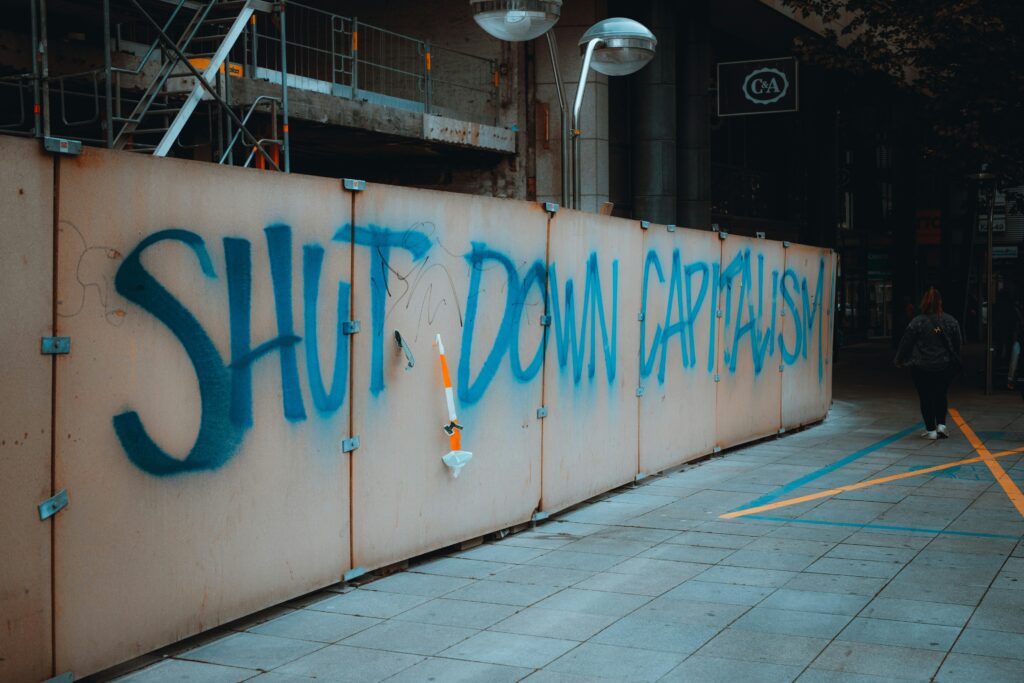For too long, the pursuit of profits has been seen as separate from moral and ethical considerations in the business world. But a seismic shift is underway as a growing number of investors are waking up to the idea that making money and making a positive impact don’t have to be mutually exclusive.

Welcome to the era of sustainable investing, an approach that factors in not just the financial bottom line, but a company’s environmental footprint, treatment of workers, and corporate governance standards. You could call it “conscience capitalism.”
On the surface, the premise is simple: Do good and do well at the same time. But unpacking what exactly that means gets into some fascinating philosophical questions about the role and responsibilities of corporations in society beyond just enriching shareholders.
At its core, sustainable investing acknowledges that a myopic focus on short-term profits at the expense of all else is ultimately a losing strategy, both for businesses and the world we all share. The thinking goes that companies who are good stewards of the environment, value human rights, cultivate an inclusive culture, and operate with integrity will be better positioned for long-term success.
The “E” in ESG – environmental factors – covers issues like climate change, pollution, deforestation and developing renewable energy sources. It’s asking companies, “What’s your plan to operate more sustainably and prepare for increased climate risk?”
Social criteria evaluates things like workplace safety, labor policies, racial and gender diversity efforts, and community relations. The message is that treating workers well, embracing equality and giving back isn’t just good ethics, it’s good business.
And governance highlights the need for independent oversight, ethical leadership, responsible tax practices and shareholder rights. The idea is that corruption, excessive executive pay and lack of transparency can infect and undermine even the most seemingly successful companies.
Of course, you could argue that some of the most lucrative industries like oil/gas, mining, factories etc. are fundamentally at odds with environmental protection. But sustainable investors believe even companies in “sin” sectors can take meaningful steps to be better corporate citizens.
While greenwashing – companies heavily marketing shallow sustainability efforts – is a valid concern, third-party auditors and disclosure standards are emerging to help investors separate reality from PR spin.
At the end of the day, sustainable investing reflects the inescapable truth that we all share the same planetary home. Making money at the expense of destroying the environment or trampling human rights is nearsighted self-sabotage. More and more people realize that investing in a better world isn’t an idealistic luxury – it’s an existential necessity to protect our futures and those of generations to come.
one thing each of us can do is to understnd our power. ctively seeking out companies that share their values – whether it’s sustainability, social justice, or ethical sourcing. And they’re not afraid to vote with their wallets, choosing to support companies that align with their beliefs and boycotting those that don’t. This shift in consumer behavior is forcing companies to sit up and take notice, realizing that they can no longer afford to ignore the social and environmental impact of their operations.